
Coming soon
Sandra Gerth is currently working on a new, improved website to bring you a wealth of helpful writing tips and advice to improve your writing skills.
In the meantime, please subscribe to her newsletter for writers below so you won’t miss the launch of the new website!
Receive free writing tips & a handy cheat sheet
Subscribe to Sandra Gerth’s newsletter to get writing tips and hear about the best resources for writers. As a welcome gift, you’ll also get the cheat sheet “20 Do’s and Don’ts of Writing Great Beginnings” sent to your inbox.
Take your writing to the next level with the Writers' Guide Series
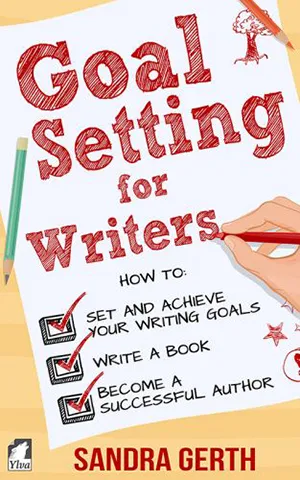
Discover how to set and achieve your writing goals, finally write a book, and become a successful author.
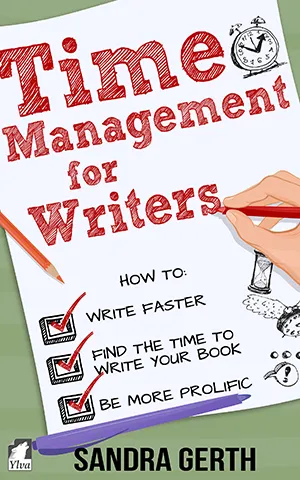
Find out how to write faster or write more, find the time to write your book, and be a more prolific writer.
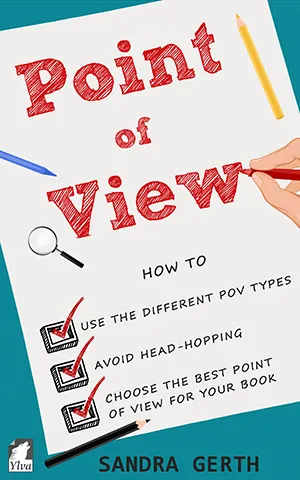
Explore the different POV types, avoid head-hopping, and choose the best point of view for your book.
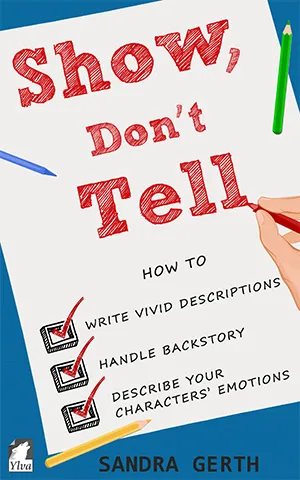
Learn how to write vivid descriptions, handle backstory, and describe your characters’ emotions in a captivating way.
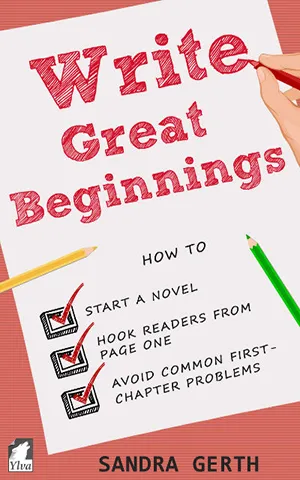
Master the best way to start a novel, hook your readers from page one, and avoid common first-chapter problems.
About Sandra Gerth

Sandra Gerth is an award-winning writer and editor.
She holds a degree in psychology and worked in the field for eight years before transitioning into a career as a full-time novelist.
Under her pen name, Jae, she has published twenty-four novels, which won numerous awards and earned Amazon best-seller status.
She’s also the author of the Writers’ Guide Series.
